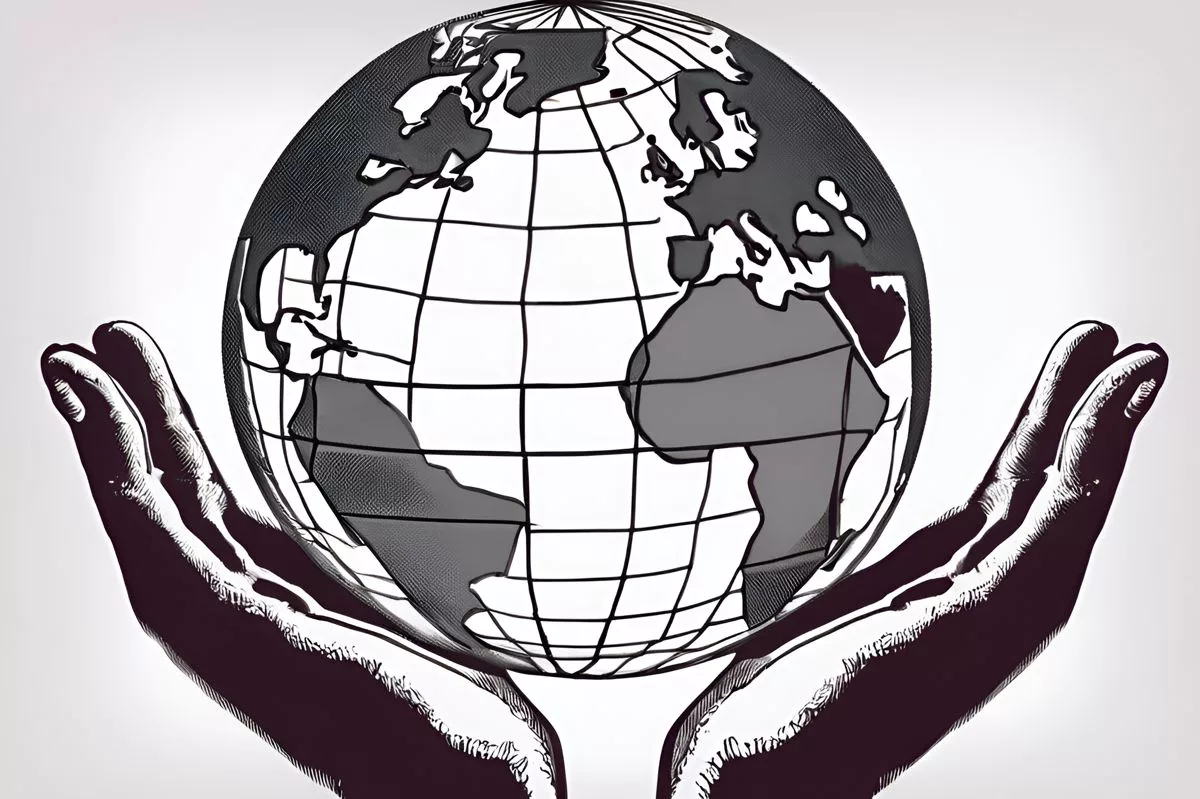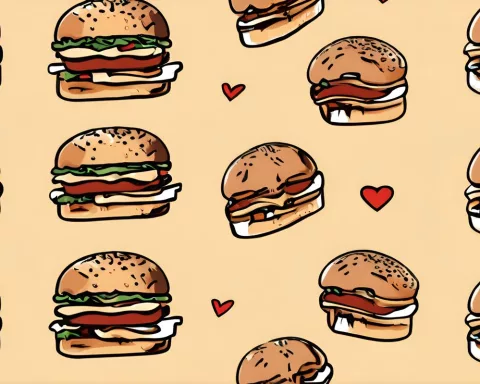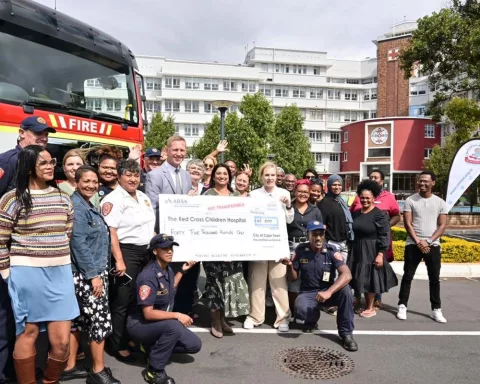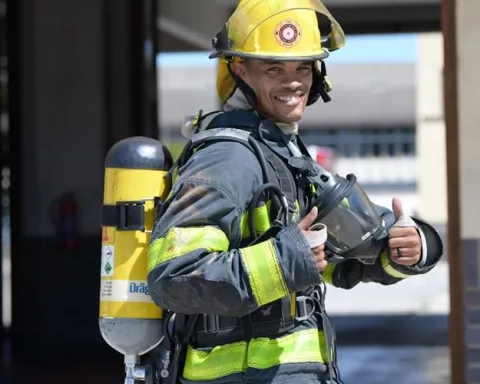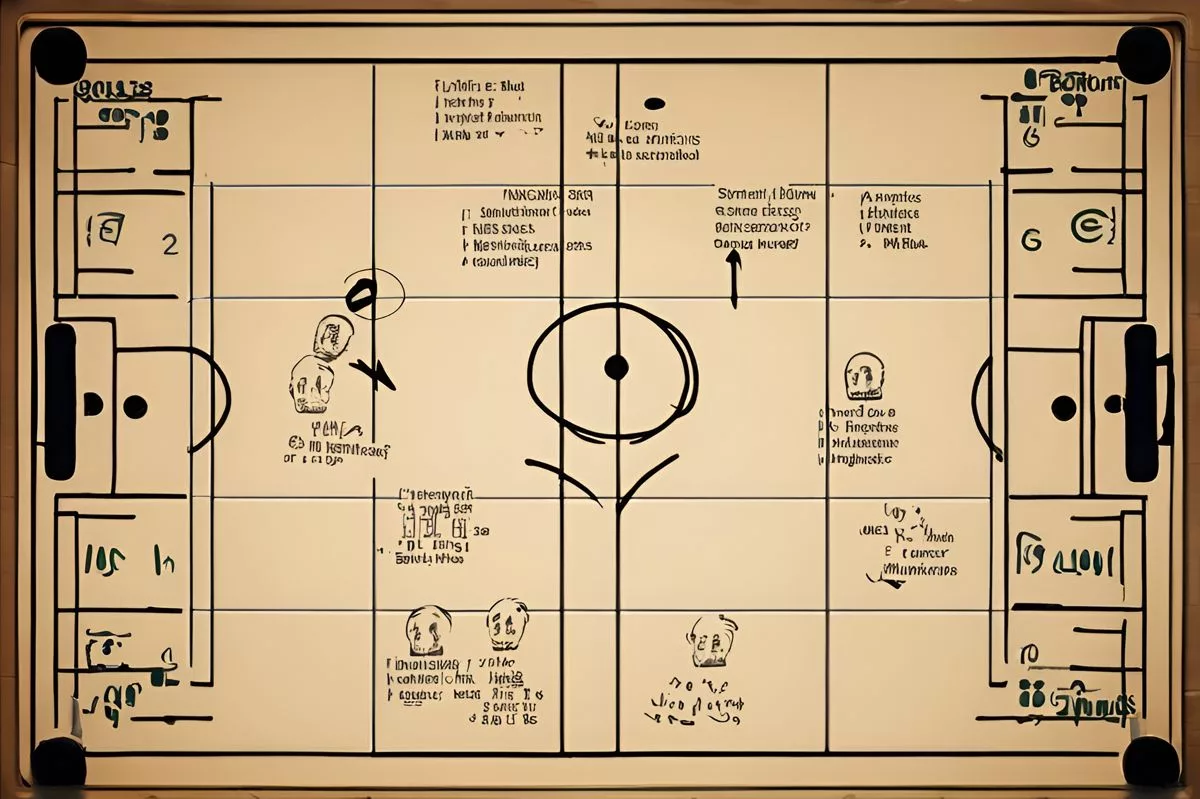A Twitter exchange between two strangers resulted in a heartwarming act of kindness. American photographer Tim Castleman sent $20 to South African lawyer Neil Bensch to buy ten Big Mac meals for the needy. Bensch distributed the meals in Cape Town’s Table View area and documented the process on Twitter. Castleman went on to send a total of $150, resulting in multiple meals and a surge of positivity that enveloped the virtual world, showing how small acts of kindness can generate waves of positive change that transcend geographical boundaries.
A comical tweet and a $20 donation sparked an impressive act of kindness. Lawyer Neil Bensch from Cape Town received $20 from American concert photographer Tim Castleman to buy ten Big Mac meals. Bensch distributed the meals to the needy in Cape Town’s Table View area, documenting the process on Twitter. Castleman sent a total of $150 to Bensch, resulting in multiple meals for those in need and a surge of positivity that enveloped the virtual world. This story stands as evidence of the power of small acts of kindness to generate waves of positive change.
In an era dominated by technology, where skepticism often drowns out acts of compassion, an inspiring story unfolded against the backdrop of the social media platform, Twitter. The saga was centered around a humble $20, a comical tweet, and an extraordinary demonstration of charity that transcended geographical boundaries, united a community, and provided comfort to those in dire need.
An Unforgettable Tweet
In the ever-active domain of social media, a particular tweet caught the public’s eye in July 2021. A Twitter user named Michaela Okland, better known by her online handle @MichaelaOkla, lightheartedly tweeted, “If someone sent me $2,000 I think I’d be less stressed.” This tweet, tinged with a sense of playful desperation that many could relate to, struck a chord with another Twitter user, a lawyer named Neil Bensch from Cape Town.
In response, Bensch wittily replied, “Same, but like $20 would make me less stressed even because I’m from South Africa and our currency is useless.” He cleverly added a PayPal link to his tweet, unaware that he had just triggered a series of events that would result in an impressive act of kindness.
An Unexpected Challenge
The discourse caught the attention of an American concert photographer named Tim Castleman. Fascinated by the conversation, he asked a question: “I’m curious, what would $20 US get you in South Africa?”
To provide a context for the value of $20 in his country, Bensch explained that it was roughly equivalent to R350. He further clarified with a whimsical comparison, stating: “Weird comparison, but you could also buy about ten Big Mac meals here with that much.” Unbeknownst to him, this seemingly inconsequential remark would spark a charitable social experiment.
Compelled by the discussion, Castleman came up with an unexpected proposition. He offered to send Bensch $20 to purchase the ten Big Mac meals, with the stipulation that Bensch would share his actions on Twitter. He also gave Bensch autonomy over what to do with the meals.
Unleashing the Power of Charity
Bensch agreed to Castleman’s challenge, thereby setting in motion an act of philanthropy. He bought the meals as agreed and documented the process on Twitter to verify his actions. However, rather than consuming the meals himself, Bensch decided to distribute them to the needy in Cape Town’s Table View area.
A post shared by Good News Movement (@goodnews_movement) revealed that Castleman had sent a total of $150 to Bensch. This resulted in multiple meals for those in need and a surge of positivity that enveloped the virtual world.
This seemingly simple online interaction demonstrates the extraordinary potential of social media to channel compassion, breaking down geographical and cultural barriers. It stands as evidence of the power of small acts of kindness to generate waves of positive change, reminding us of our common humanity and the universal capacity for goodwill.
In our current world, fraught with myriad challenges, stories like these serve as a ray of hope. As we traverse our digital terrain, may we all be motivated to use the power of connectivity to improve our global community, affirming that even the smallest gesture can trigger a wave of change. Whether it’s a tweet, a Big Mac, or a $20 donation, every act of kindness has its significance.
What was the Twitter exchange between the two strangers about?
The Twitter exchange was a lighthearted conversation between two strangers, where one user humorously expressed that receiving $2,000 would make her less stressed. The other user, a lawyer from South Africa, replied in a witty manner that even $20 would make him less stressed because of the currency exchange rate.
Who initiated the act of kindness and what was the challenge?
An American concert photographer named Tim Castleman initiated the act of kindness. He saw the Twitter exchange and offered to send $20 to the South African lawyer to buy ten Big Mac meals for the needy. The challenge was for the lawyer to document the process of distributing the meals on Twitter.
What did the South African lawyer do with the Big Mac meals?
The South African lawyer, Neil Bensch, decided to distribute the Big Mac meals to the needy in Cape Town’s Table View area instead of consuming them himself.
How much money did Tim Castleman eventually donate to the cause?
Tim Castleman donated a total of $150 to the cause, resulting in multiple meals for those in need.
What was the impact of the act of kindness?
The act of kindness generated a surge of positivity that enveloped the virtual world, demonstrating the power of small acts of kindness to generate waves of positive change that transcend geographical boundaries.
What does this story teach us about the potential of social media?
This story teaches us about the potential of social media to channel compassion and break down geographical and cultural barriers. It reminds us of the power of small acts of kindness to generate waves of positive change, affirming our common humanity and universal capacity for goodwill.

